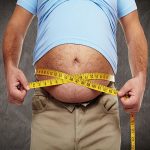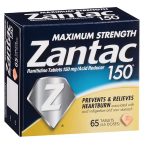
Eddie Sullivan, 17, woke up on a Tuesday and found that his chest hurt every time he took a breath. He’d spent that July weekend nauseous with a fever, and the day before doctors had diagnosed him with pneumonia, remembers his mom, Geri Sullivan. “As the day went on, his chest pain became more severe and his breathing became more labored,” said Sullivan, 54, of Delaware County, Pa. “He commented more than once that it felt like he was only able to get enough air out of one lung.” They couldn’t know it at the time, but Eddie was one of 530 people across 38 states who’ve experienced severe lung injuries related to vaping. Eddie is on the mend now, but at one point doctors considered putting him on a ventilator — a prospect that terrified his mom, who lost his father when the boy was just 1 year old. “I really felt like my world was going to crash down again, when I heard those words that he might be put on a ventilator,” Sullivan recalled. Federal health officials are still piecing together exactly what happens in these cases of vaping-related lung injury, but experts said Eddie’s case follows a pattern that appears to be emerging. First signs Many patients first experience gastrointestinal symptoms like nausea, vomiting and diarrhea prior to their respiratory symptoms,… read on >

















